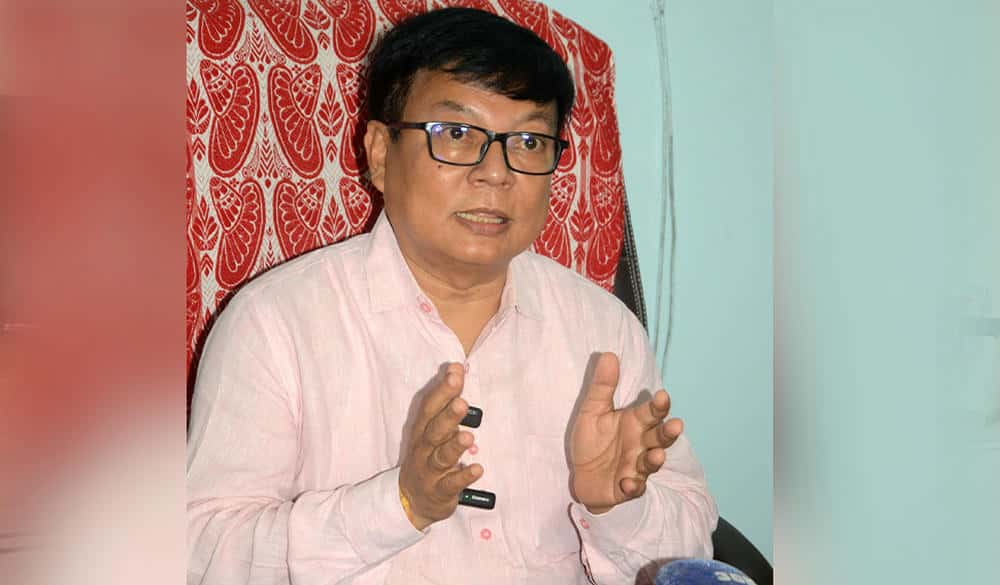Assam Congress urges Governor to halt ‘unlawful evictions,’ citing mass displacement, rights violations, and constitutional breaches

The Assam Congress Legislature Party (ACLP) has submitted a detailed memorandum to Governor Lakshman Prasad Acharya, urging immediate intervention to stop what it described as a wave of illegal and inhumane eviction drives across the state. The memorandum, signed by ACLP leader Debabrata Saikia, accused the state government of dispossessing thousands of tribal, indigenous, and minority families under the guise of development.
According to Saikia, the government’s actions have displaced members of the Boro, Karbi, Garo, Ahom, and Muslim communities—many of whom have deep-rooted historical ties to Assam. The memorandum highlights that these evictions have occurred without proper consultation, legal safeguards, or rehabilitation, in violation of constitutional provisions and existing laws.
The ACLP pointed to several specific incidents. In Kachutali, Sonapur, two villagers were reportedly killed and 33 others injured during a police-led eviction on notified tribal land. In another case, residents of Mikir Bamuni Grant in Nagaon lost their crops and land between 2019 and 2024 due to the construction of a solar power plant, allegedly without adhering to environmental and tenancy laws.
Saikia also cited the eviction of erosion-affected citizens in Hajo and Nalbari, many of whom were certified by local officials and had cases pending before the Gauhati High Court. In Goalpara, more than 7,000 people were reportedly removed from ecologically sensitive wetlands, and in Dhubri’s Alomganj Gaon, families were displaced for an industrial project under “Advantage Assam 2.0.” Similar actions were recorded in Lakhimpur, where entire villages were cleared, including long-established Assamese households.
The memorandum also raised concern over evictions in Scheduled Areas such as Karbi Anglong and Kokrajhar, where Saikia alleged that no Gram Sabha consultations were held, in violation of the Sixth Schedule and the Panchayats (Extension to the Scheduled Areas) Act, 1996. In Borduar Tea Estate, Kamrup, more than 2,100 Rabha and Garo tribal families are now facing eviction from colonial-era leasehold lands reclassified for urban development.
Saikia claimed that in many of these cases, state authorities ignored Standard Operating Procedures (SOPs) outlined for eviction processes. He warned that the ongoing operations risk further eroding constitutional protections and the dignity of Assam’s vulnerable populations.
The ACLP called on the Governor to halt all eviction drives that lack proper legal grounding or public consultation, and demanded the formation of an independent commission of inquiry into all eviction cases carried out since 2022. The party also requested strict enforcement of the Sixth Schedule and PESA protocols by Autonomous Councils and district authorities.
The memorandum included a proposed ten-point charter for a humane and lawful eviction policy, emphasizing legal notice, compensation, environmental impact assessments, judicial oversight, and public reporting.
Saikia concluded by urging the Governor to use the authority of his office to protect the rights and livelihoods of Assam’s marginalised communities, warning that unchecked evictions would undermine the very constitutional values the state is meant to uphold.





Leave a Reply